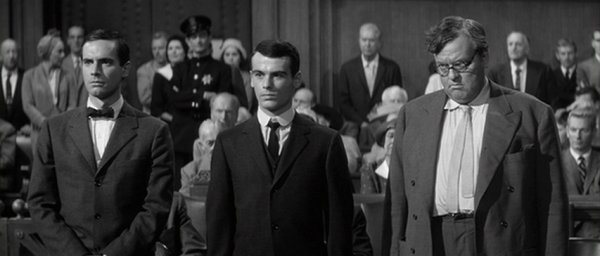- Messages
- 13,548
- Location
- Germany
What a perfect generational thing. I believe you are in your 30s? I have nephews in their 20s who have said the exact same thing to me about some movie franchises.
Cmon, you know, that I'm 37. I mentioned my age here, multiple times.
But I still don't get that Bruce Willis thing.




